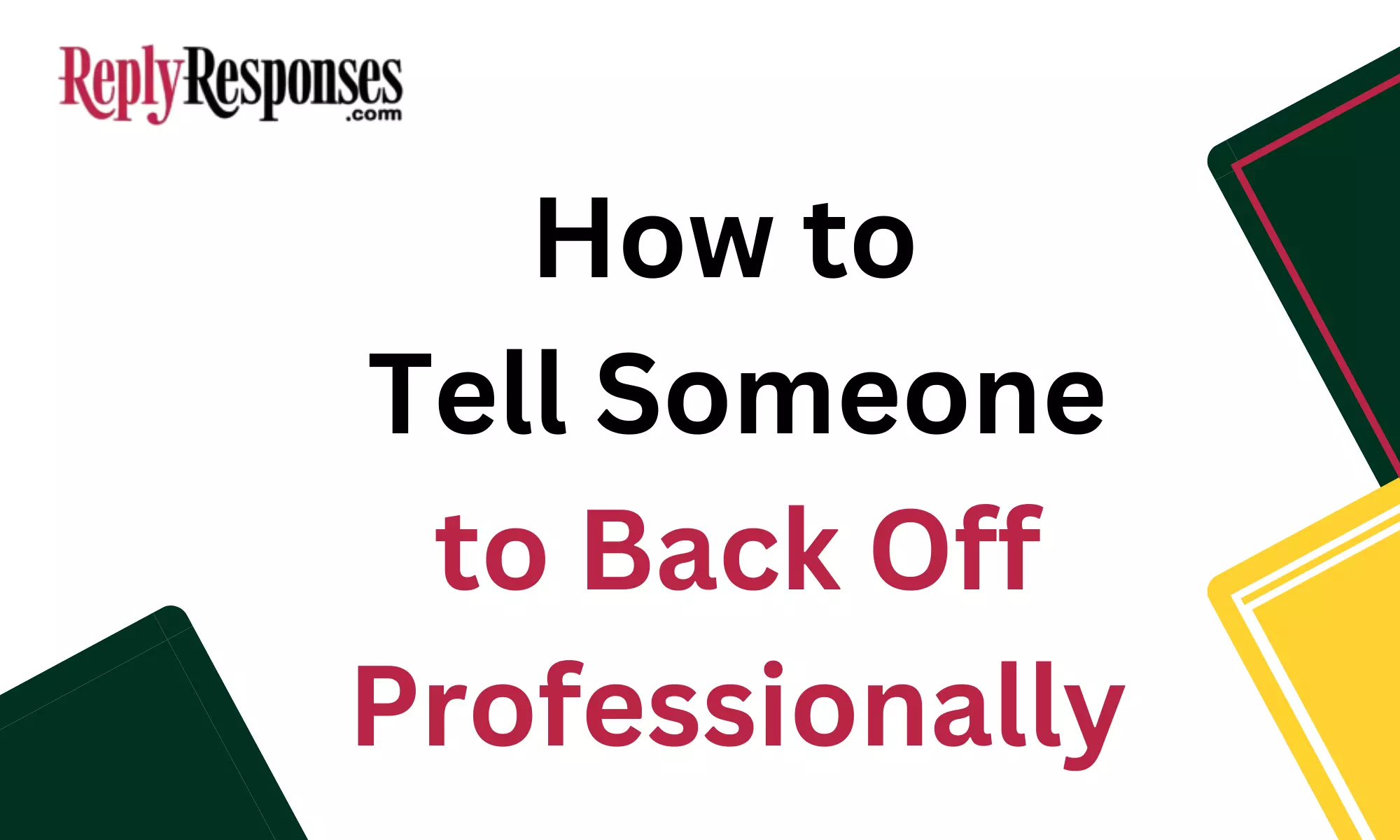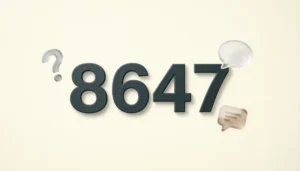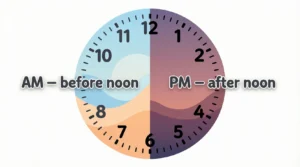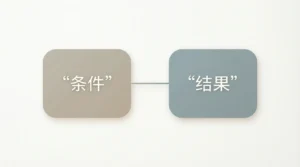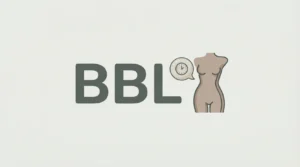In professional settings, it can be challenging to navigate interpersonal dynamics, especially when someone is overstepping boundaries. Whether it’s a coworker who’s too involved in your work, a client making unreasonable demands, or a colleague being overly familiar, knowing how to communicate your need for space is essential.
“Looking for a professional way to tell someone to back off? Discover these polite yet assertive phrases that help you set boundaries while maintaining respect. Perfect for handling workplace situations with tact and confidence!”
Here are 29 respectful yet assertive ways to tell someone to back off professionally.
Best Professional Responses to Tell Someone to Back Off
1. “I appreciate your input, but I prefer to handle this on my own.”
Scenario: A coworker keeps offering unsolicited advice.
Response: “I appreciate your input, but I prefer to handle this on my own.”
Impact: Establishes your autonomy while acknowledging their intention.
2. “Thanks for your enthusiasm, but I need some space to focus.”
Scenario: A colleague is constantly interrupting your workflow.
Response: “Thanks for your enthusiasm, but I need some space to focus.”
Impact: Politely communicates your need for concentration.
3. “I think it’s best if we each stick to our own responsibilities.”
Scenario: Someone is trying to take over your tasks.
Response: “I think it’s best if we each stick to our own responsibilities.”
Impact: Reinforces the importance of defined roles.
4. “I appreciate your interest, but I’m okay handling this myself.”
Scenario: A coworker is hovering while you work on a project.
Response: “I appreciate your interest, but I’m okay handling this myself.”
Impact: Reassures them while setting boundaries.
5. “Let’s respect each other’s space while we work.”
Scenario: Tension arises from proximity in a shared workspace.
Response: “Let’s respect each other’s space while we work.”
Impact: Encourages a collaborative environment while asserting personal space.
6. “I’m focusing on my priorities right now, thank you.”
Scenario: A colleague keeps trying to engage you in conversation.
Response: “I’m focusing on my priorities right now, thank you.”
Impact: Clearly state your intention without being rude.
7. “I value your opinion, but I need to go my way with this.”
Scenario: Someone is pushing their ideas onto you.
Response: “I value your opinion, but I need to go my way with this.”
Impact: Balances respect with self-direction.
8. “I think we should each have some space to think this through.”
Scenario: During a brainstorming session that feels crowded.
Response: “I think we should each have some space to think this through.”
Impact: Encourages independent thought while promoting teamwork.
9. “I’d prefer if we communicated through email for now.”
Scenario: A colleague is frequently dropping by your desk.
Response: “I’d prefer if we communicated through email for now.”
Impact: Redirect communication to a less intrusive format.
10. “I need some quiet time to focus on my tasks.”
Scenario: The office is too noisy, and distractions are frequent.
Response: “I need some quiet time to focus on my tasks.”
Impact: Clearly expresses your need for a quieter environment.
11. “I’m grateful for your support, but I need to tackle this myself.”
Scenario: A coworker is trying to take charge of your project.
Response: “I’m grateful for your support, but I need to tackle this myself.”
Impact: Shows appreciation while asserting your independence.
12. “I need to set some boundaries to be more productive.”
Scenario: You feel overwhelmed by someone’s requests.
Response: “I need to set some boundaries to be more productive.”
Impact: Indicates a professional approach to managing workload.
13. “I need some time to process this information alone.”
Scenario: Someone is constantly discussing work-related issues.
Response: “I need some time to process this information alone.”
Impact: Encourages thoughtful reflection without distractions.
14. “Let’s catch up later; I need to focus on this right now.”
Scenario: A coworker interrupts you during a critical task.
Response: “Let’s catch up later; I need to focus on this right now.”
Impact: Acknowledges their presence while prioritizing your work.
15. “I think we’re approaching this from different angles; let’s each do our thing.”
Scenario: Conflicting ideas in a group setting.
Response: “I think we’re approaching this from different angles; let’s each do our thing.”
Impact: Promotes individuality in problem-solving.
16. “Thanks for the suggestion, but I’ll handle it my way.”
Scenario: Someone offers unwarranted advice on your work.
Response: “Thanks for the suggestion, but I’ll handle it my way.”
Impact: Politely closes the conversation on their input.
17. “I feel it’s best to keep a professional distance for now.”
Scenario: A colleague is becoming too familiar.
Response: “I feel it’s best to keep a professional distance for now.”
Impact: Sets a clear boundary while maintaining professionalism.
18. “I’m prioritizing my workload, so I won’t be available much.”
Scenario: You’re overloaded and need to focus.
Response: “I’m prioritizing my workload, so I won’t be available much.”
Impact: Communicates your unavailability.
19. “I appreciate your willingness to help, but I’m good for now.”
Scenario: Someone offers to assist excessively.
Response: “I appreciate your willingness to help, but I’m good for now.”
Impact: Acknowledges their good intentions while establishing boundaries.
20. “I need to concentrate; can we discuss this later?”
Scenario: A colleague keeps interrupting your workflow.
Response: “I need to concentrate; can we discuss this later?”
Impact: Maintains focus while offering a future conversation.
21. “I’m trying to stay focused; could we save this for another time?”
Scenario: Someone is frequently diverting your attention.
Response: “I’m trying to stay focused; could we save this for another time?”
Impact: Politely asserts your need to concentrate.
22. “I need to manage my time carefully, so I might not be available.”
Scenario: You’re trying to juggle multiple responsibilities.
Response: “I need to manage my time carefully, so I might not be available.”
Impact: Makes your priorities clear.
23. “I think it’s important we both have some space to work.”
Scenario: You’re in a collaborative environment that feels crowded.
Response: “I think it’s important we both have some space to work.”
Impact: Promotes a balance of collaboration and independence.
24. “I’m focused on my tasks right now, but I appreciate your understanding.”
Scenario: A colleague is seeking attention while you’re busy.
Response: “I’m focused on my tasks right now, but I appreciate your understanding.”
Impact: Keeps the conversation respectful.
25. “I’d prefer to keep this between us for the time being.”
Scenario: A colleague is oversharing about your work.
Response: “I’d prefer to keep this between us for the time being.”
Impact: Sets a boundary on information sharing.
26. “I’m working on my time management, so I’ll reach out when I can.”
Scenario: You feel overwhelmed and need to prioritize.
Response: “I’m working on my time management, so I’ll reach out when I can.”
Impact: Shows accountability for your workload.
27. “Let’s revisit this discussion later when I have more bandwidth.”
Scenario: You’re currently too busy for a thorough discussion.
Response: “Let’s revisit this discussion later when I have more bandwidth.”
Impact: Signals your intent to address the matter in due time.
28. “I appreciate your enthusiasm, but I need to maintain my focus.”
Scenario: Someone is overly excited about collaborating.
Response: “I appreciate your enthusiasm, but I need to maintain my focus.”
Impact: Encourages positive energy while asserting your needs.
29. “I need to work independently for a bit; let’s connect later.”
Scenario: You require time to think or create alone.
Response: “I need to work independently for a bit; let’s connect later.”
Impact: Indicates your need for solo work while leaving room for future collaboration.
FAQs
What are some polite ways to tell someone to back off professionally?
- Phrases that set boundaries without sounding rude or confrontational.
How can I ask a colleague to give me space without offending them?
- Tactful responses for requesting personal or work space respectfully.
What should I say if a coworker is being too intrusive?
- Suggestions for addressing intrusive behavior diplomatically.
How can I professionally tell my boss that I need autonomy?
- Tips for setting boundaries with supervisors while maintaining respect.
What are some ways to decline extra work without damaging relationships?
- Polite refusals that communicate workload limits effectively.
How should I respond to a coworker who oversteps in my tasks?
- Professional replies to maintain control over your responsibilities.
What can I say to prevent coworkers from interrupting my focus?
- Boundaries for maintaining concentration and productivity.
How can I let someone know that their frequent messages are distracting?
- Suggestions for addressing frequent interruptions in a friendly tone.
What should I do if someone doesn’t respect my boundaries after I’ve asked?
- Steps for handling situations where boundaries are repeatedly ignored.
Why is it important to address boundary issues professionally?
- Discusses the importance of setting limits for a healthy work environment.

Stuck on what to say? ReplyResponses.com gives you clever, funny, and savage comebacks for every moment — because silence isn’t golden when you can drop a perfect reply!
